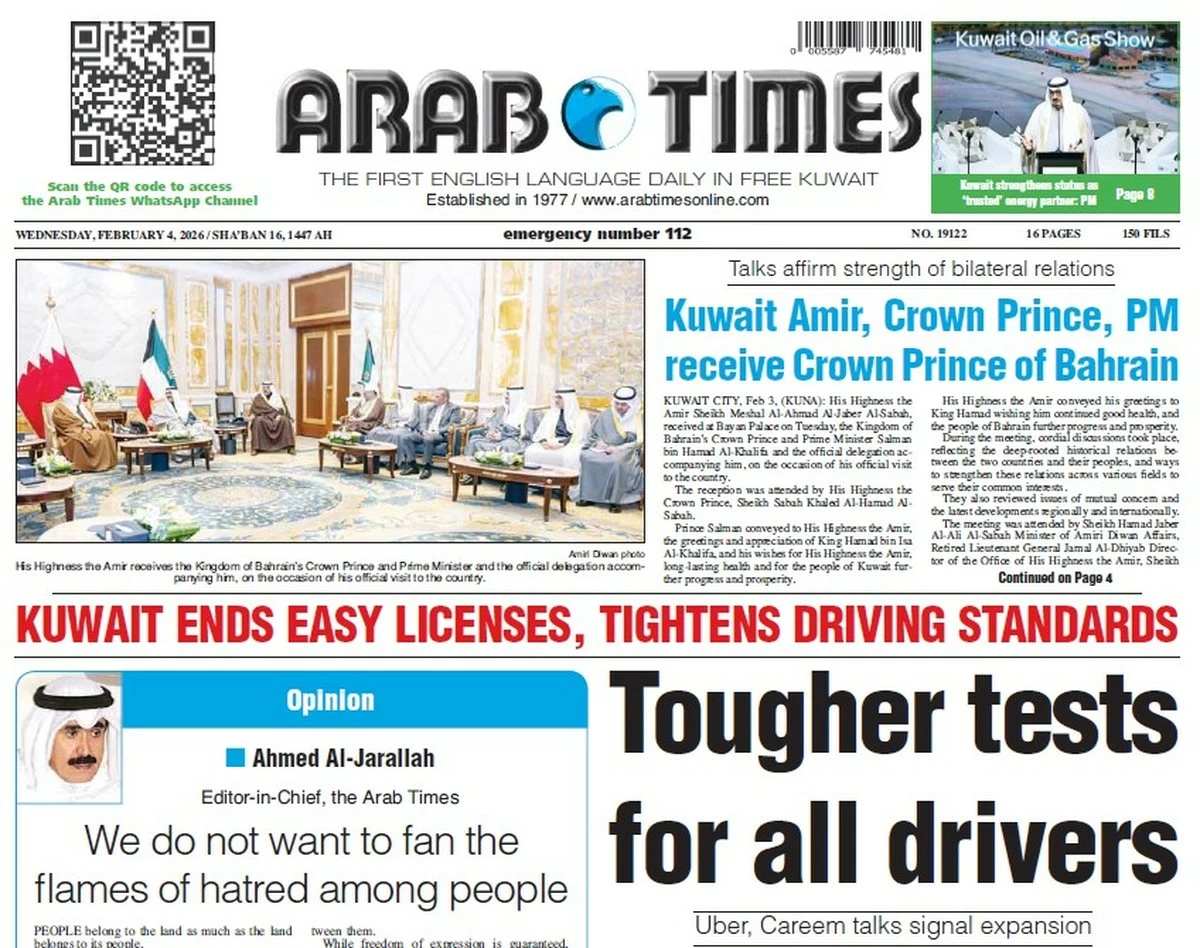20/11/2025
20/11/2025
The reception given to Saudi Crown Prince Mohammed bin Salman in Washington suggested more than a return to routine engagement. It reflected a broader reassessment within the American policy establishment regarding Saudi Arabia’s internal transformation and the Crown Prince’s anticipated role in shaping regional dynamics.
The United States aimed to convey an unmistakable message through the full range of its institutional engagement. That message was that the Crown Prince is regarded as a partner whose importance in the coming decades cannot be set aside. American institutions tend to evaluate foreign leaders over extended periods. In the early years of the Crown Prince’s rise, Washington observed his consolidation of authority and ambitious agenda with measured caution.
Over time, the initial years evolved into a deeper understanding of how he manages sensitive portfolios and recalibrates priorities, and this is why current American reliance is built on tangible performance rather than assumptions. This long timeframe carries its own strategic value. A partnership anchored in sustained leadership offers a sense of continuity rarely available with short term political actors, and this extended horizon gives the relationship a weight that is unusual in a region defined by rapid transitions.
Engagement during the visit involved far more than ceremonial protocol. It reflected the judgment of institutions that increasingly view Saudi Arabia’s restructuring as an enduring factor in regional politics. This does not imply full alignment with Saudi policy choices. It does signal recognition that the Crown Prince’s decisions will influence the region’s economic, energy and security landscape for many years. If Saudi Arabia is entering a generational phase of change, Washington sees value in engaging the person guiding that process.
By Abdulaziz Al-Anjeri



